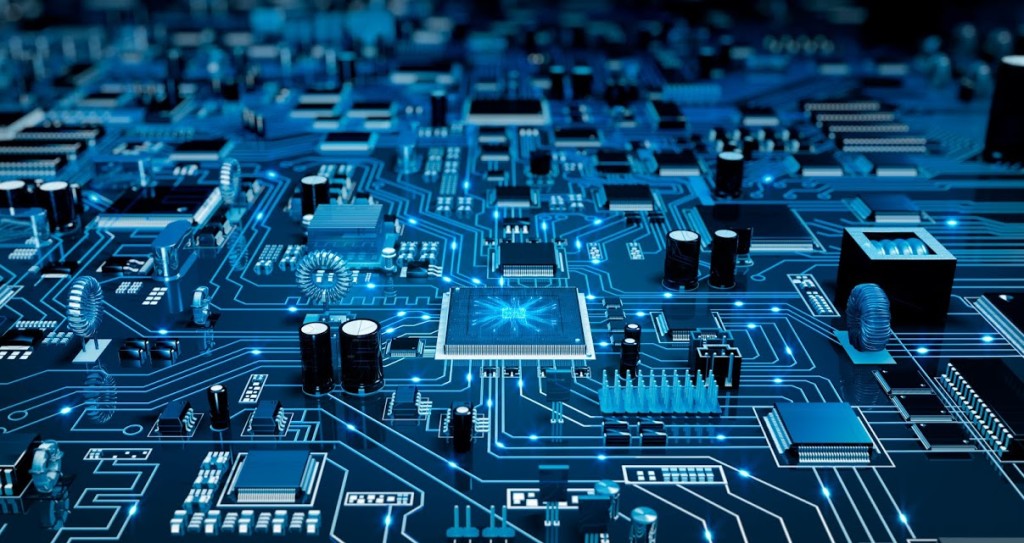Aug 19, 2016
Outperform your Competition with Big Data
As technology, research, and health advancements play into the ever-increasing levels of competition in the Olympics, data and analytics are also becoming an essential part of training and performance. Not only do athletes use bio-feedback to track their bodies’ responses to training, but coaches and teams can use data to predict how an athlete will perform over time and under pressure. Data and analytics are not only helping to demystify the complexities of the human body, but are also playing an increasingly vital role in complex fields such as politics and business alike. With highly successful entrepreneurs such as Mitch Lowe, co-founder of Netflix, putting analytics as one of the top 3 most important aspects to focus on when starting up a business, and Wired magazine claiming that “the marriage of social data and big data will determine our next president”, it is clear that data analytics is not to be taken lightly in 2016.
In addition to improving athletic performance, here are other important applications of data analytics as outlined by Bernard Marr, Founder and CEO of the Advanced Performance Institute:
- Better Understand and Target Customers
To better understand and target customers, companies expand their traditional data sets with social media data, browser, text analytics, or sensor data to get a more complete picture of their customers. The big objective, in many cases, is to create predictive models. Using big data, Telecom companies can now better predict customer churn; retailers can predict which products will sell, and car insurance companies understand how well their customers actually drive
- Understand and Optimize Business Processes
Big data is also increasingly used to optimize business processes. Retailers are able to optimize their stock based on predictions generated from social media data, web search trends and weather forecasts.
HR business processes are also being improved using big data analytics.
This includes the optimization of talent acquisition – Moneyball style – as well as the measurement of company culture and staff engagement using big data tools. New technologies like sensors are being used to track social dynamics in the workplace. For example, Bank of America noticed that its top performing employees at call centers were those who took breaks together. They instituted group break policies and performance improved 23 percent.
- Improve Health and Healthcare
The computing power of big data analytics enables us to decode entire DNA strings in minutes and will allow us to find new cures and better understand and predict disease patterns. Wearable devices are changing the game in healthcare with live feedback of bodily systems, and tracking of physical activity. The implications of being able to harness all of this data, and use it to come up with solutions to diagnose and treat millions of people in real time.
What’s more, big data analytics allow us to monitor and predict the developments of epidemics and disease outbreaks. Integrating data from medical records with social media analytics enables us to monitor flu outbreaks in real-time, simply by listening to what people are saying, i.e. “Feeling fluish today – in bed sick”. Companies like Emotiv, a neuroscience company founded by Tan Le are using big data to create incredible technologies such as mind-reading headsets to help the physically handicapped.
- Improve Security and Law Enforcement
Big Data is used in securing our cities and our nation. The National Security Agency (NSA) in the U.S. uses big data analytics to foil terrorist plots (and maybe spy on us). Others use big data techniques to detect and prevent cyber attacks. Police forces use big data tools to catch criminals and even predict criminal activity and credit card companies use big data use it to detect fraudulent transactions.
- Improving and Optimizing Cities and Countries
Big data is used to improve many aspects of our city infrastructure and transportation. For example, it allows cities to optimize traffic flows based on real time traffic information as well as social media and weather data. A number of cities are currently piloting big data analytics with the aim of turning themselves into Smart Cities, where the transport infrastructure and utility processes are all joined up. Where a bus would wait for a delayed train and where traffic signals predict traffic volumes and operate to minimize jams.
To learn from an expert how your specific company can most effectively use big data and analytics, be sure to contact BigSpeak Speakers Bureau who will identify the best big data expert for your conference, meeting or event. Our big data and technology speakers can also do workshops and consulting with your company to ensure the highest ROI, and bring your company to the next level.
Speaker
Tags

 Bernard Marr
Bernard Marr